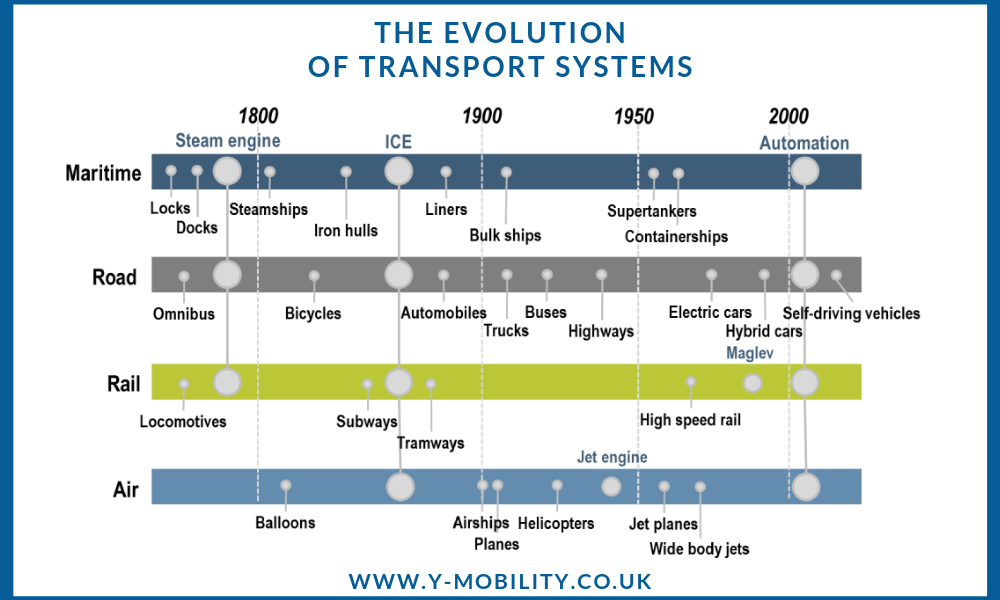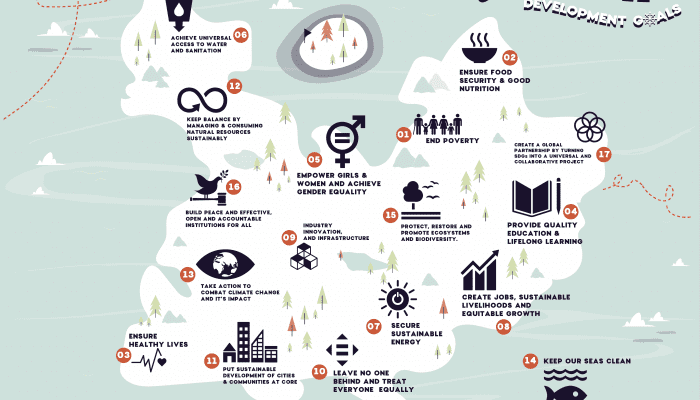Mobility, or the ability to move from one place to another, has been an essential part of human life since the dawn of time. However, the way we move around is constantly evolving. From horse-drawn carriages to cars and airplanes, transportation has come a long way. With advances in technology and changes in society, the future of mobility is set to be even more exciting. In this blog post, we will explore three key areas that will shape the future of transportation.
Electrification of Transportation
One of the most significant changes that is already underway is the electrification of transportation. As concerns over climate change continue to grow, governments and individuals are looking for ways to reduce emissions from transportation. Electric vehicles (EVs) are already becoming more popular, and this trend is set to continue. Some countries have set ambitious targets to phase out the sale of petrol and diesel cars entirely within the next few decades. This move towards electric transportation will not only reduce emissions but also lead to quieter and smoother journeys.
Moreover, the electrification of transportation will not only affect cars but also buses, trains, and even planes. The aviation industry has been one of the hardest to decarbonize, but electric planes are already being developed. In 2020, a small electric plane successfully completed a test flight in British Columbia, Canada. This could be the start of a new era of aviation, where electric planes replace traditional ones, and air travel becomes more sustainable.
But are EVs really the future? In fact, there are also some downsides to electric vehicles, such as the carbon emissions of the production of the car, especially the battery which often needs rare resources that take a lot of energy to extract. Followed by that, electric cars are still expensive for the average consumer and thus, not the first choice when buying a new car.
Autonomous Vehicles
Another area that is set to transform transportation is autonomous vehicles. Self-driving cars, trucks, and buses have been in development for several years, and some prototypes are already on the roads. The potential benefits of autonomous vehicles are vast, from reducing accidents caused by human error to enabling people who are unable to drive to travel independently. However, there are also concerns about the impact on employment in the transportation sector and the need for new regulations to ensure safety and security.
Additionally, autonomous vehicles have the potential to revolutionize public transportation. Self-driving buses could increase the frequency and efficiency of public transport, making it more convenient and accessible to everyone. Moreover, the integration of autonomous vehicles into public transport systems could reduce the need for individual car ownership, leading to a reduction in congestion and emissions.
The Rise of Mobility as a Service
Finally, mobility as a service (MaaS) is another trend that is set to shape the future of transportation. MaaS refers to the integration of different modes of transportation, such as public transport, car-sharing, and ride-hailing, into a single platform. This approach aims to make it easier for people to plan and pay for their journeys, as well as reduce congestion and emissions. Already, many cities around the world are experimenting with MaaS solutions, and this trend is set to continue.
Moreover, MaaS has the potential to make transportation more accessible to everyone, especially those who cannot afford to own a car. By providing a range of transportation options on a single platform, MaaS could reduce the cost of transportation and increase mobility for low-income households. Additionally, MaaS could lead to a reduction in the number of cars on the road, leading to a reduction in congestion and emissions.
To dive deeper into 4 different scenarios of the future of mobility, take a look at this video:
How Moonshot Pirates are Shaping the Future of Mobility
From smart glasses that act like personal driving assistants, and self-healing roads to AI-driven road safety. Over 1300 brilliant young minds aged 15 to 20 from 150+ countries joined the Shape the Future Challenge, in collaboration with Volkswagen Group, to work on groundbreaking solutions for a greener, more sustainable, and accessible future of mobility. Seeing young changemakers from all around the world teaming up and working on solutions for a greener world makes us proud and excited about the future!
You can check out all the brilliant ideas from the Shape the Future Challenge here.
What are you expecting in the future of mobility?
The future of mobility is exciting and full of possibilities. With the electrification of transportation, autonomous vehicles, and the rise of mobility as a service, we can look forward to safer, cleaner, and more efficient journeys. However, there are also challenges to overcome, such as ensuring that these technologies are accessible to everyone and that they do not have unintended consequences. As we look ahead to the future, we must continue to work towards a transportation system that is sustainable, equitable, and convenient for all. With the Shape the Future Challenge, 1300 young minds already took the first step in creating a more sustainable future of mobility – and this is only the beginning!



